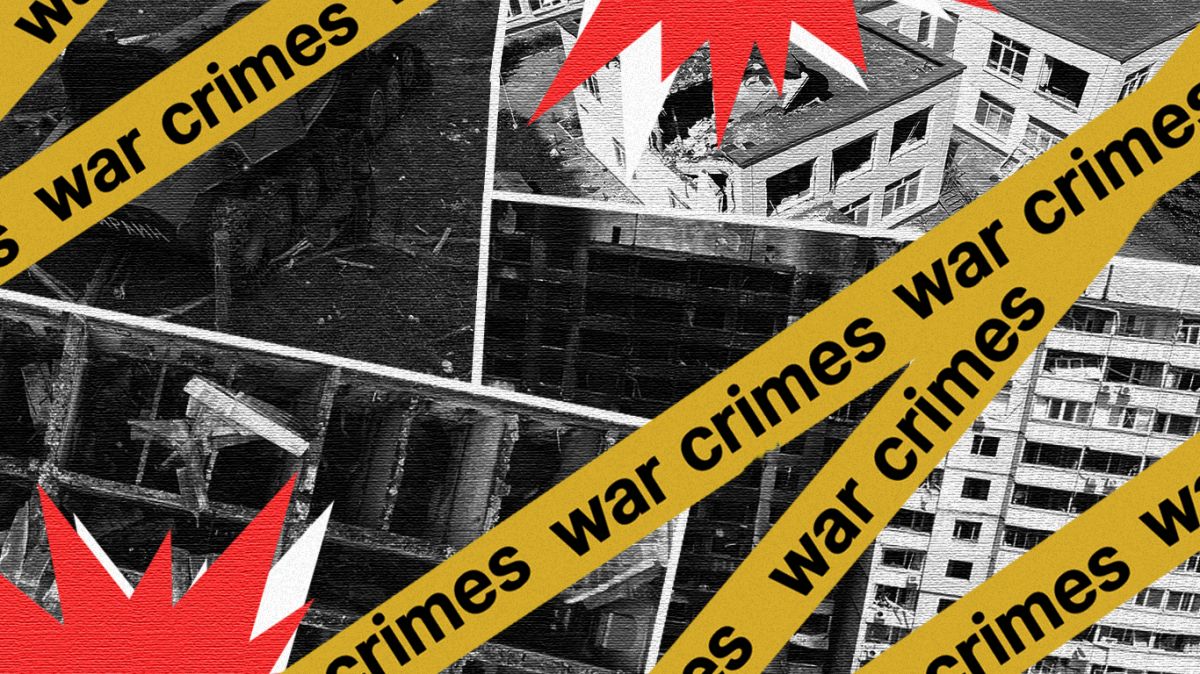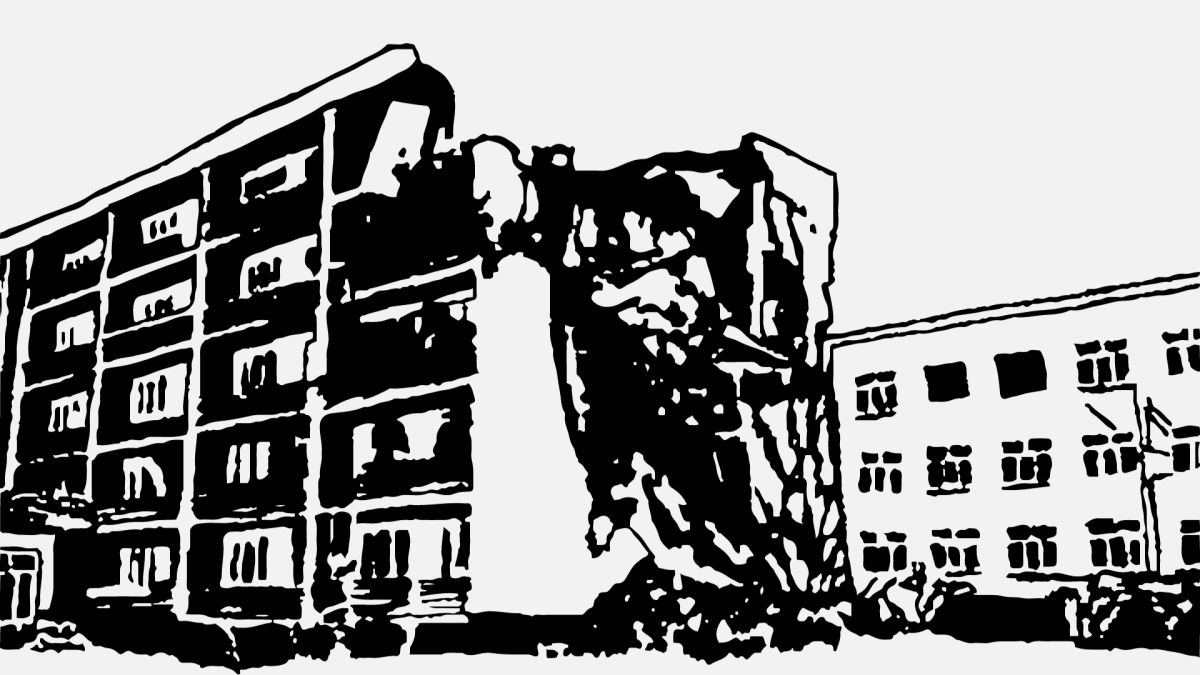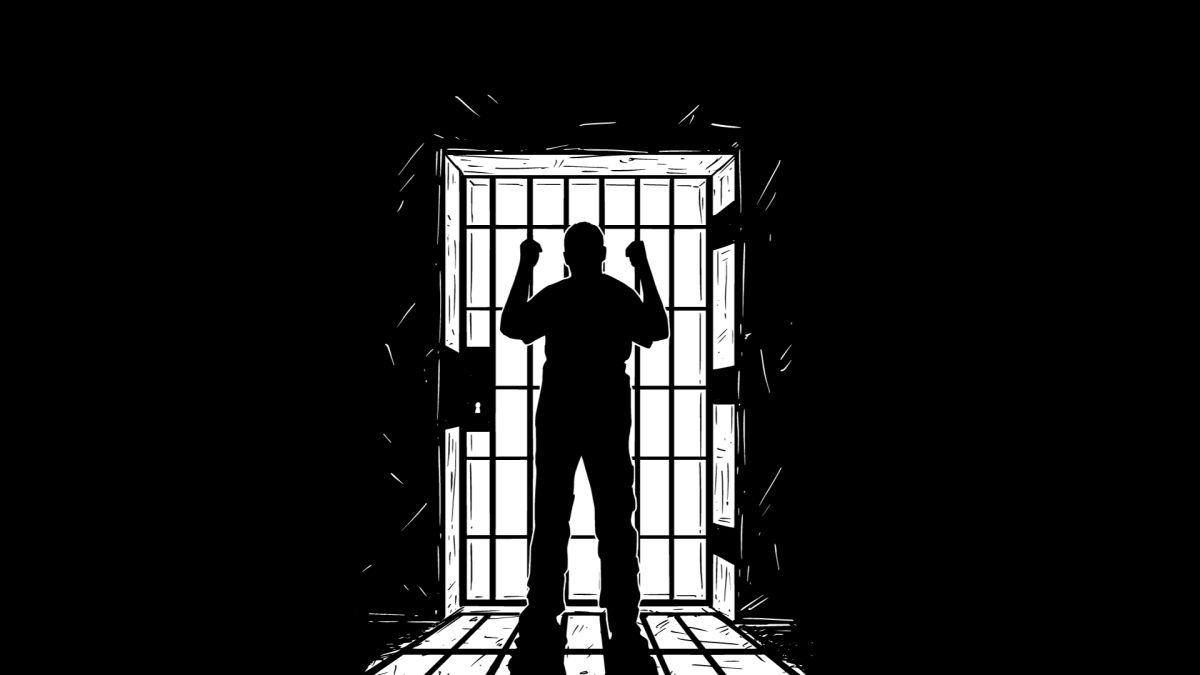The approach of the Kharkiv Human Rights Protection Group to documenting crimes and helping their victims

The Kharkiv Human Rights Protection Group (KHPG) has formulated a comprehensive and holistic approach to collecting information about international crimes committed by Russians, documenting and analysing these crimes, and helping law enforcement agencies investigate these crimes. It also includes rendering legal, psychological, monetary, humanitarian, social, and medical assistance to victims of these crimes, as well as informing Ukrainian and international society about these crimes.
The collected information is entered into the database, whereby the event location is recorded (geodata or addresses of the crime), the date of the event, the type and description of the event, the object of the attack, and preliminary qualification of the crime under the Rome Statute of the ICC. Additionally, we enter the personal data of the victims, witnesses, and perpetrators, if they are known, and evidence of the crime in the form of media files (photos, videos), text documents, etc. Many organizations collect this information, including members of the “Tribunal for Putin” initiative. These NGOs cover the entire territory of the country. Today, the database contains approximately sixty thousand incidents of crimes committed by Russians. Based on our research and collected information, we preliminary classified these atrocities as war crimes, crimes against humanity, and genocide.

Sources of information for the database are open information on the Internet and direct contact with victims and witnesses. Direct contacts make it possible to collect information and file a report about the crime to law enforcement agencies to investigate it. Therefore, it is essential to find victims of a crime and interview them to populate the database, open an investigation, and provide the victim with the necessary assistance.
In addition to the work of the KHPG reception desk, an important tool of such search is monitoring visits to settlements in the de-occupied territory, during which KHPG lawyers interview the victims and find out what types of assistance they need. In advance, the local self-government body announces the date and time of reception, and its social protection department employees call the victims and invite them to a meeting. The monitoring team includes two lawyers who receive people in parallel and a psychologist who provides rapid psychological assistance. At the same time, the fourth team member makes photo and video recordings of the destruction in the settlement for the database. Our team visits the same settlement as many times as necessary to interview all the victims living there.
KHPG started such monitoring visits on October 1, 2022. As of December 1, 2023, we made one hundred and seventy visits and consulted three thousand six hundreds victims.
Following the priorities of the Office of the Prosecutor General, the KHPG lawyers prepared statements of crimes for national law enforcement agencies regarding:
- dead and wounded civilians;
- illegally deprived of liberty and missing civilians; and
- prisoners of war and civilian prisoners, subjected to torture in captivity and then released.
As of December 1, 2023, KHPG considers one thousand three hundred criminal proceedings in which the lawyers of the KHPG represent the victims, including cases of:
- 247 missing persons;
- 158 tortured (including thirty three cases of sexual violence);
- 427 killed civilians;
- 468 wounded civilians.
In addition, the lawyers of the KHPG submitted approximately 4000 statements about the crime of loss of property. They are registered in the Unified Register of Pretrial Investigations but have not yet been investigated.

KHPG lawyers help the police and the State Security Service of Ukraine conduct investigative actions. Such assistance includes questioning victims and witnesses, organizing forensic medical examinations, identifying corpses, identifying suspects, etc. In particular, our lawyers identified nine perpetrators among Russian prisoners of war.
We offer victims of crimes comprehensive help. It includes humanitarian assistance (provision of one-time cash support, clothing, medicines, and household items), legal assistance (provision of legal advice, reimbursement of attorney services for representation in national bodies of Ukraine and Russia, international bodies, such as the UN Human Rights Committee, the UN Working Group on Arbitrary Detentions, the International Criminal Court), and psychological aid (payment for long-term and short-term psychotherapeutic consultations).
Collected information about crimes is summarized as analytical articles and submissions to the Prosecutor’s Office of the International Criminal Court. We have already submitted five such submissions: first and second, in which we qualify the actions of the Russians in Mariupol and the forcibly transferring of children from Ukraine to Russia as genocide; third and fourth, devoted to illegal deprivation of liberty and extrajudicial executions as crimes against humanity; and fifth, describing shelling of civilian objects and the civilian population as a series of war crimes. Next in line are two more submissions regarding enforced disappearances and torture, which we classify as crimes against humanity.
However, it is not enough to transfer this information only to specialists and those investigating crimes, both in our country and abroad. We must reach the mass consumer of information not only in Ukraine but also in other countries. That’s why we created a special war crimes site in seven languages: Ukrainian, Russian, English, French, German, Italian, and Spanish.
We also have the “Voices of War” project. We interview victims and witnesses of war crimes and other people who have something to say about the war — soldiers, volunteers, psychologists, journalists, artists, and musicians. We already collected about three hundred of these interviews on our website and our YouTube channel. They are informative, tell a lot about what is happening in our country, and show the level of mutual assistance and solidarity between Ukrainians. They also demonstrate what kind of terror the Russian military instills in the occupied territories and how brutally they treat peaceful citizens. We translate the best interviews into other languages. Voices of war are now heard in nine languages.

Also, we are probably the only organization in Ukraine that regularly publishes information about Russian protests against the war in Ukraine. We have published a weekly digest of such protests since mid-March last year.
Finally, I want to stress that the individual components of our approach are very closely related to each other and support each other. We are interested in extending this approach to all ten Ukrainian regions where fighting occurred.